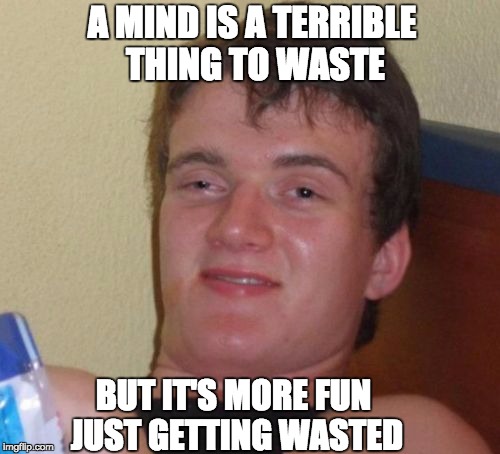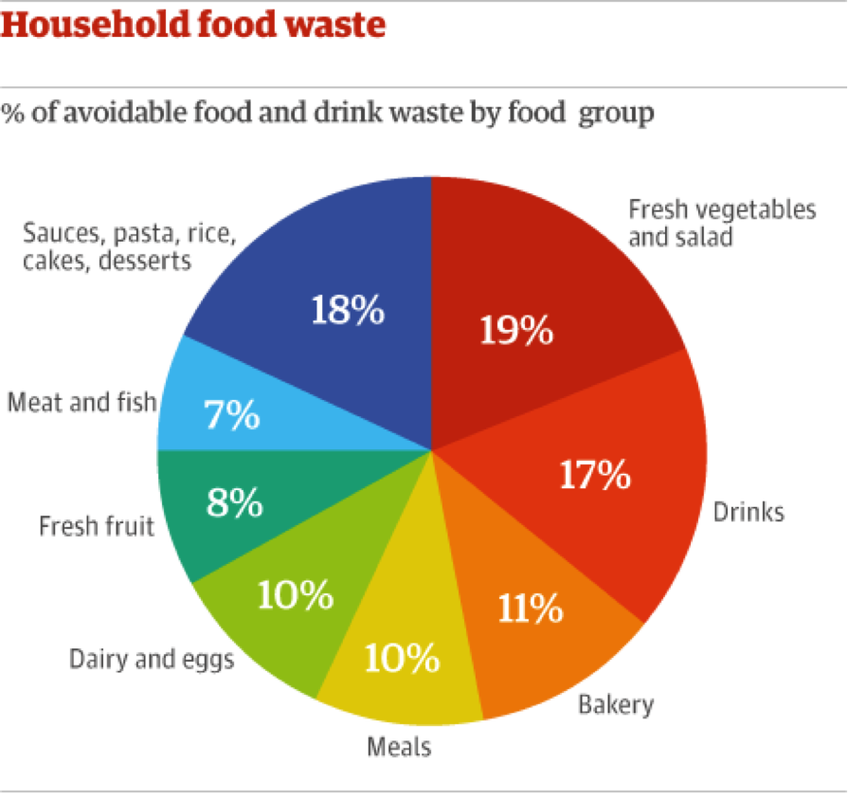

Keeping track of how much you’re drinking is more important than keeping pace with other people. You can tell them you’re good for now, and then change the subject. Peer pressure can be hard to resist, but if you’ve had enough, say ‘No, thanks’ when someone offers to buy you a drink.

Swapping in water or a soft drink between the booze (and drinking the alcoholic ones slowly) can help, too. That way you’re enjoying it more, and get more bang for your buck.

Just got a delish craft beer? Savour it by drinking it more slowly. an hour), and making sure the time has passed before you get a new drink. Try leaving a certain amount of time between drinks (e.g. Spacing out your drinks can stop you from getting drunk. See below for what a ‘standard drink’ looks like for different types of drinks. You also need to remember that not all alcoholic drinks contain the same amount of alcohol. Before you head out for the night, check how much money you’ve got and make a sober and sensible decision about what you can afford to spend. You might want to think about how expensive drinks are. Everyone's tolerance is different, so choose a number that works for you, rather than for your mates. A bunch of clever scientists have recommended that we have no more than four alcoholic drinks on any day. “The prevention strategy going forward is that in a crisis, you can focus on fast delivery to people in desperate situations without feeling that you can only get that speed by taking down common sense anti-fraud guardrails,” he said.Before you start drinking, decide how many drinks you'll have and then stick to that number. Gene Sperling, the White House American Rescue Plan coordinator, said any future crisis that requires government intervention doesn’t have to be a choice between helping people in need and stopping fraudsters. They’re busy, too, with crimes unrelated to pandemic relief funds. But there’s no guarantee they’ll catch everyone who jumped at the chance for an easy payday. The extra time will help federal prosecutors untangle pandemic fraud cases, which often involve identity theft and crooks overseas. Biden in August signed legislation to increase the statute of limitations from five to 10 years on crimes involving the two major programs managed by the SBA. Republicans and Democrats did, however, did find common ground last year on bills to year to give the federal government more time to catch fraudsters. Democrats have countered that all the financial muscle from Washington saved lives, businesses and jobs. Too much government money, Republicans argue, breeds fraud, waste and inflation. On politically divided Capitol Hill, lawmakers have not put the pandemic behind them and are engaged in a fierce debate over the success of the relief spending and who’s to blame for the theft. “24 hours? 48 hours? Would that really have upended the program?” Horowitz said. In less than a few days, a week at most, Horowitz said, SBA might have discovered thousands of ineligible applicants. And that the only other choice was to spend weeks and months trying to figure out who was entitled to it.” “One choice is, get the money out right away. “It’s a false narrative that has been set out, that there are only two choices,” Horowitz said. Those reviews, he said, could have been done quickly. Horowitz criticized the government’s failure early on to use the “Do Not Pay” Treasury Department database, designed to keep government money from going to debarred contractors, fugitives, felons or people convicted of tax fraud. GOVERNMENT HAVE DONE BETTER TO COMBAT FRAUD?


 0 kommentar(er)
0 kommentar(er)
